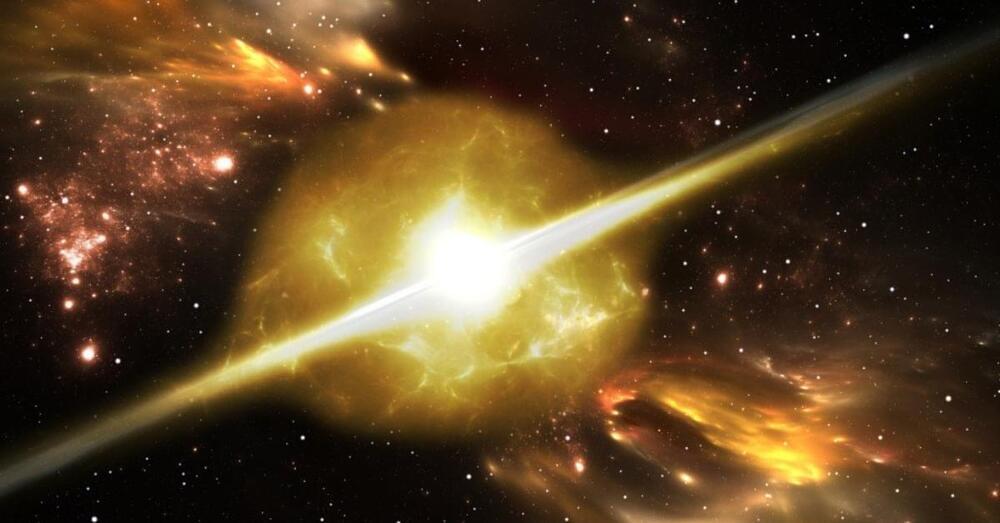A physicist from the University of Campinas in Brazil isn’t a big fan of the idea that time started with a so-called Big Bang. So Instead, Juliano César Silva Neves imagines a collapse followed by a sudden expansion, one that could even still carry the scars of a previous timeline.
Updated version of the previous article.
The idea itself isn’t new, but Neves has used a fifty-year-old mathematical trick describing black holes to show how our Universe needn’t have had such a compact start to existence. At first glance, our Universe doesn’t seem to have a lot in common with black holes. One is expanding space full of clumpy bits; the other is mass pulling at space so hard that even light has no hope of escape. But at the heart of both lies a concept known as a singularity – a volume of energy so infinitely dense, we can’t even begin to explain what’s going on inside it.
